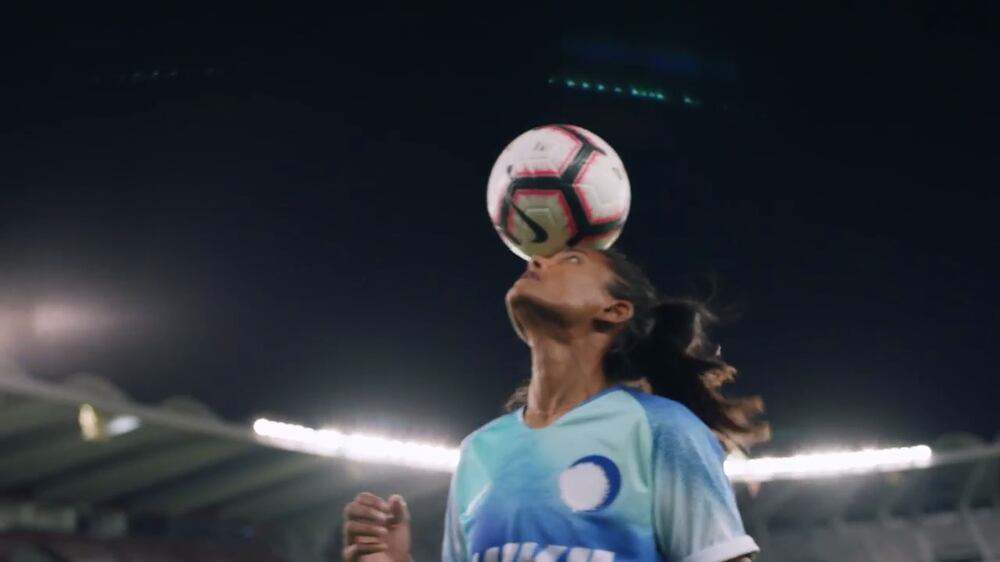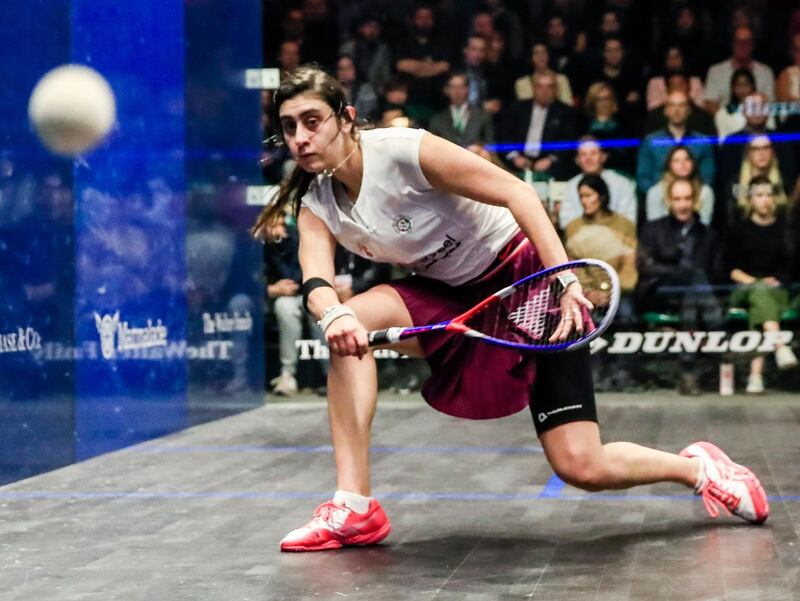One need only look at the fierce concentration on the faces of Raneem El Welily, Nour El Sherbini and Nour El Tayeb, sweat pouring from their brows, to realise they would never let something as trivial as gender politics stand in their way. The Egyptian sportswomen are making waves after rising to become the world's top-ranking squash players. El Sherbini in particular has been unbeaten as the world number one in the women's game since 2016.
Nor are they alone. As Houriya Al Taheri, who made history as the first Arab female Fifa footballing coach, says, when women are given half a chance to follow a sporting dream, they pursue it "with vigour. We are here to stay."
It is not just Arab women who flourish when the doors to the world of sport are flung open. From American professional boxer Ibtihaj Muhammad to Indian badminton star Saina Nehwal, the outstanding achievements of female talent have shone a light on women's participation in sport. They are rightly starting to get the recognition they deserve. As the 2019 Fifa Women's World Cup kicked off on Friday, nearly one million tickets had been sold in advance and TV audiences were expected to eclipse the 750 million who tuned in to watch the 2015 championship. It is only the eighth time the tournament has been held but it will be the biggest Women's World Cup in history with 24 teams, nine host cities and 52 matches.
Dream Crazier with Houriya Al Taheri

Still, the prize money of $4 million for the champions is dwarfed by the riches on offer in the men’s World Cup and women in sport generally still lack the same support, salaries or sponsorship deals, despite a growing fanbase.
According to Forbes, tennis star Serena Williams is the only woman among the 100 highest-paid athletes worldwide. But the tide is turning – slowly. Multinationals like Adidas and Coca-Cola now sponsor the Fifa championship; meanwhile Barclays bank supports the FA Women’s Super League in England.
This is a promising sign that the talent of sportswomen is being recognised alongside their male counterparts, yet it is still a fraction of what they deserve – because not only have they excelled in sport but they have broken through numerous cultural and social barriers to get there, particularly in this part of the world.
They must be encouraged and properly rewarded for their successes while being hailed as role models so a younger generation of girls can aspire to their glory. Only then can we expect to crush barriers and gender stereotypes.





